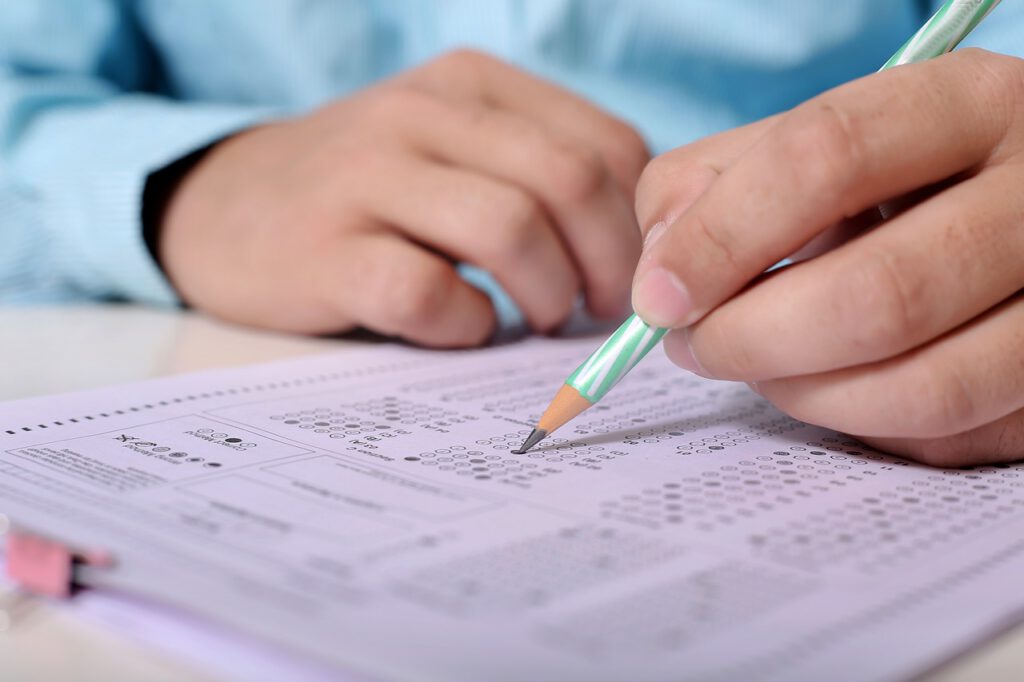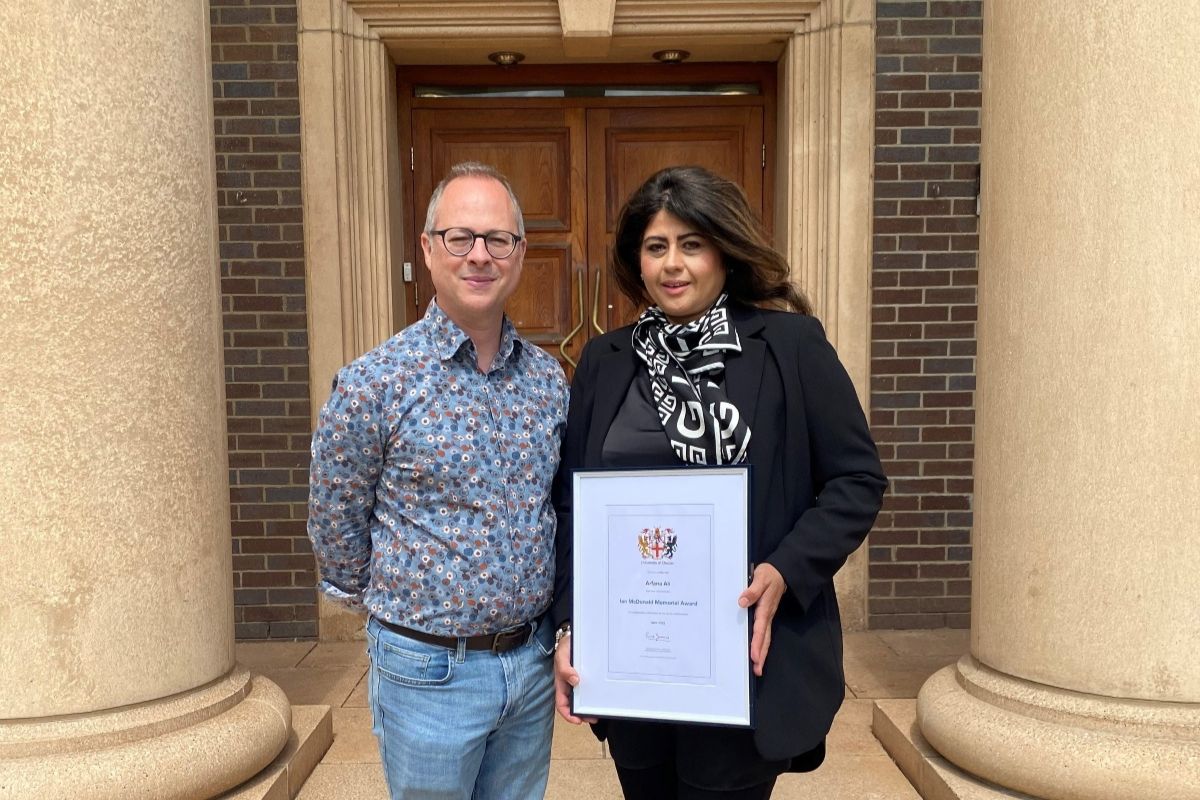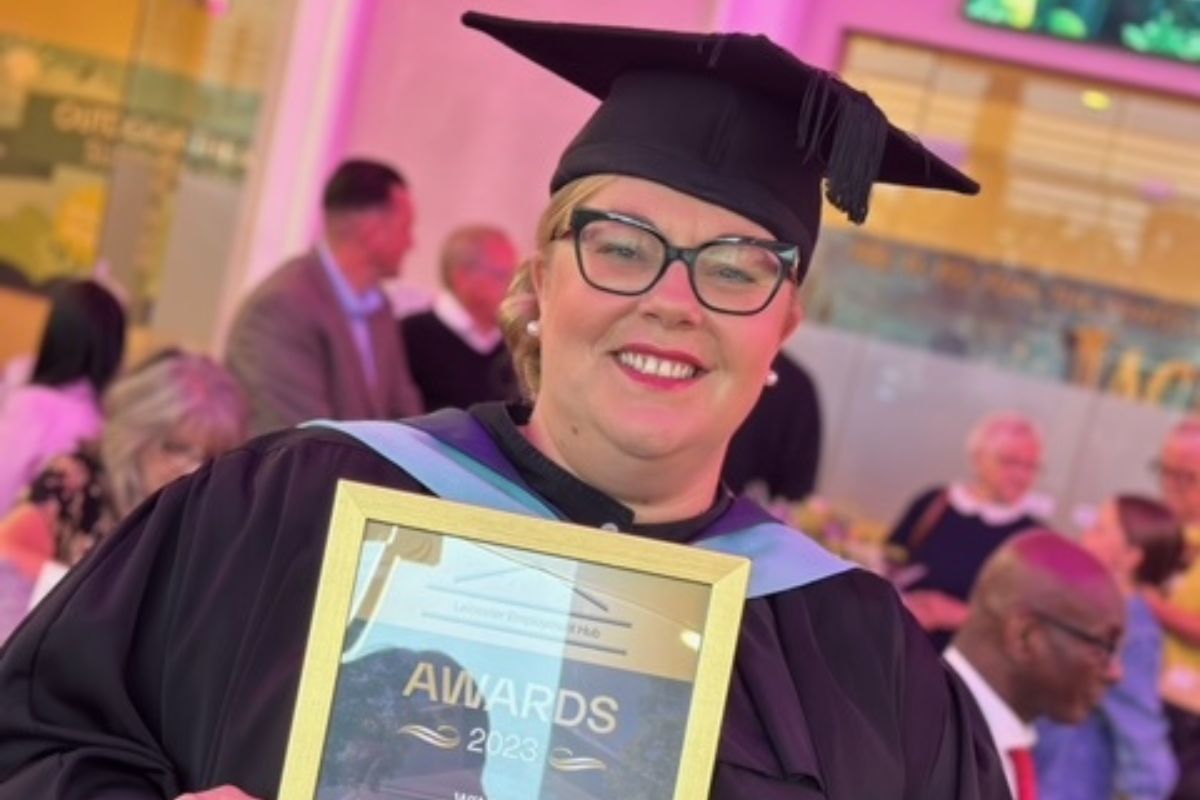Taking exams during the coronavirus (COVID-19) outbreak

What schools, colleges and students need to know about cancelled GCSEs, AS and A levels and other qualifications in 2020, and the plans for taking future exams.
Summary of changes
We have:
- added information about awarding of grades in 2020
- added information regarding autumn exams
- added information regarding summer 2021
- removed outdated information, such as sections related to the former standardisation model
Awarding grades in 2020
Grading of A levels, AS levels and GCSEs in summer 2020
No exams took place in summer 2020 due to the coronavirus (COVID-19) outbreak. To enable students to receive qualifications, it was announced that students who were due to sit A level, AS level or GCSE exams this summer would receive a calculated grade. For each student, schools and colleges have provided a centre assessment grade for each subject; this is the grade their school or college believes they would be most likely to have achieved had exams gone ahead, taking into account a range of evidence including, for example, non-exam assessment and mock results. This grade was intended to be put through a process of standardisation, using a model developed with Ofqual, to arrive at the final calculated grade.
On Monday 17 August, Ofqual confirmed that there no longer would be a standardisation process for AS and A levels or GCSEs and instead all students will be awarded the centre assessment grade submitted by their school or college, unless it is lower than their calculated grade in which case the calculated grade will stand. Unless there is evidence that a processing error has been made, these grades will be final.
Students will be able to use the grades they receive in the summer to move on to their next step.
The calculated grade process
The centre assessment grades which schools and colleges submitted to the exam boards for A and AS levels and GCSEs were an assessment of the likely grades that students would have obtained had exams gone ahead. These were then standardised across schools and colleges. For this reason, students’ calculated grades were not necessarily the same as either the centre assessment grade put forward by their school or college, or the predicted grades used for university applications.
Following the Secretary of State’s announcement on 17 August, most students have now received their centre assessment grade rather than their calculated grade. However, if their calculated grade is higher than the centre assessment grade, the calculated grade will stand.
Results and university entry in 2020
Results days
Results days for A and AS levels and GCSE this year were the same as originally planned: 13 August and 20 August respectively. This will enable progression to higher and further education to take place in the normal way. It will also allow students time to decide whether they wish to sit exams in the autumn, and to prepare for those exams if necessary.
The GCSE results that students received on 20 August were final – that is, they were based on the higher of the centre assessment grade or calculated grades. Revised A and AS level grades went to schools and colleges on 19 August, replacing the calculated grades that were issued on 13 August.
Results days for qualifications other than A and AS level and GCSEs are set by individual awarding organisations. Results for many vocational and technical qualifications used for progression to further or higher education have been available on the same days as A level and GCSE results. However, as set out in the section – Vocational and Technical Qualifications 2020 – some results have been delayed. These are being issued as quickly as possible. Students who are taking such qualifications should check the planned results day with their school or college.
Universities, colleges and sixth forms and grade acceptance
The grades awarded this summer will be formal grades, with the same status as grades awarded in any other year. They will therefore be accepted by all institutions.
We are working closely with the further and higher education sectors to ensure that everything is done to support students and ensure they can progress to further or higher education. We have taken a number of steps to increase capacity in Higher Education, so that universities are able to honour offers to students who meet their conditions this coming year wherever possible. Or if maximum capacity is reached, to offer an alternative course or a deferred place at the same university.
Students participating in the autumn series of exams
In most cases, students will use the grades they receive in the summer to move onto their next step.
Students who do not feel their final grade reflects their ability, or who were not able to receive a grade in the summer, will have the opportunity to sit an exam in the autumn term. AS and A level exams will take place in October and GCSE exams in November.
Students wishing to enter for autumn exams should do so via the school or college where they were due to sit their exams in the summer. The exception is students who did not achieve a grade 4 or above in English language or maths GCSE. These students will take those exams at their post September institution.
The deadline for entering A and AS levels is 4 September. Where a student withdraws after that date because, for example, they have secured a place in higher education, we do not expect the exam boards to charge the school or college fees. Schools and colleges should refer to exam board deadlines for withdrawing entries.
The deadline for entering GCSEs is 18 September (except English and maths, for which the deadline is 4 October).
Any student wanting to understand the implications for university admission of taking these autumn exams should speak to the university from which they have an offer.
External candidates in 2020
Arrangements for home-educated students and other external candidates
Where schools and colleges had accepted entries from external candidates (students who they have not taught themselves because they have been home-educated, following distance-learning programmes or studying independently), those students should have been taken account of in the process of producing centre assessment grades, where the headteacher or principal was confident that they and their staff had seen sufficient evidence of the student’s achievement to make an objective judgement.
Ofqual and the exam boards explored the options for those students who did not have an existing relationship with an exam centre and who needed results this summer for progression purposes. The Joint Council for Qualifications published guidance for exam centres on accepting private candidates which set out the options that would be available. Unfortunately, not all external candidates were able to be awarded a grade this summer because some will not have been in a position to provide sufficient evidence to enable their exam centre to include them in their centre assessment grades and rankings. Students in this position will need to sit exams to get their grades, either in the autumn or in summer 2021.
Ofqual and the government have asked organisations that represent higher and further education providers to consider the steps that they could take when making admissions decisions this summer for any external candidates who do not receive a grade. We have asked institutions to consider a range of other evidence and information for these students to allow them to progress wherever possible.
Vocational and technical qualifications (VTQs) in 2020
Arrangements for vocational and technical qualifications
Our priority for summer 2020 awarding has been to ensure that students and adult learners taking vocational or technical qualifications (VTQs) could move on as planned, including starting university, college or sixth form courses, apprenticeships, or progressing in work.
We know one approach to assessment of vocational and technical qualifications would not fit all, given the diversity of the VTQ landscape.
Ofqual published the response to its consultation on VTQs and its framework for awarding results this summer on 22 May. The measures set out that qualifications used for progression to further or higher education, such as Applied General qualifications and Technical Awards would, wherever possible, be issued with a calculated result. For other vocational qualifications, such as those that are used for entry into employment where demonstration of practical competence is necessary, it would not have been appropriate to calculate a result. For these, adapted assessments have been delivered and Ofqual has worked with the awarding organisations and providers to deliver these assessments wherever possible this summer. Only as a last resort have assessments been delayed. Delayed assessments should be delivered as soon as is possible in 2020 to 2021.
The calculation of results for VTQs was developed by individual awarding organisations and tended to take into account work that students had already completed in the course of their study, and centre assessment grades were often only used at unit level.
There was not one single statistical approach applied to all VTQs.
Following the announcement on 17 August, awarding organisations that deliver VTQs and used a similar statistical – algorithmic – moderation process to the A/AS level and GCSE process, were asked by Ofqual to review their approaches. Other awarding organisations also wanted to ensure parity of process with A levels and GCSEs so that students are treated fairly. As a result, some awarding organisations are now reissuing their results. Ofqual has confirmed that no learner’s result will go down as a consequence of regrading.
We are working with Ofqual and awarding organisations to ensure results are reissued as soon as possible, and we encourage you to contact the relevant awarding organisation for further information. We, Ofqual and the awarding organisations are also working with colleges and other providers, as well as UCAS, so that no students’ admissions to further or higher education are affected by the delay to results.
Students who do not feel their VTQ result reflects their ability will be able to sit an assessment at the next available opportunity. Ofqual has produced a summer and autumn 2020 qualification explainer tool that gives the next available assessment opportunity for VTQs.
VTQ students are also able to appeal their result in line with the process set out by the relevant awarding organisation.
Arrangements for summer 2020 appeals
In light of the Secretary of State’s announcement on 17 August, appeals against A and AS level and GCSE grades will now only be accepted from schools or colleges where they think the exam board did not apply its procedures properly and fairly or where the data used by the exam board to calculate results contained an error. Examples of cases where an appeal might be appropriate are contained in the Ofqual guidance on appeals, malpractice and maladministration complaints for GCSE, AS and A level grades in England.
A student cannot appeal because they disagree with their school’s or college’s professional judgement of the grade the student would most likely have achieved if exams had taken place.
In addition, students cannot appeal on the basis of their mock exam results, as these will have been taken into account in arriving at the centre assessment grade.
However, as set out in the section below, if a student has concerns that their school or college did not behave with care or integrity when determining their centre assessment grade they are able to raise a complaint.
For VTQs, individual awarding organisations have their own appeals processes. Students should look at the individual websites for details of the relevant awarding organisation’s appeals process and their grounds for appeal.
Bias and discrimination
If a student has concerns about bias, discrimination or any other factor that suggests that their school or college did not behave with care or integrity when determining their centre assessment grade they should first raise these concerns with their school or college, which must have a procedure in place to deal with such complaints. If there is evidence of serious malpractice on the part of the school or college, it may be appropriate to bring those concerns directly to the exam board initially instead. Ofqual has published guidance for students on appeals, malpractice and maladministration complaints for summer 2020.
Arrangements for autumn series of GCSE, A and AS level exams in 2020
In most cases, students will use the grades they receive in the summer to move onto their next step.
We recognise, however, that some students may be unhappy with their summer grade or they may need an improved result to move onto the next stage of their education. There will also be a small group of students for whom there was not enough evidence for a grade to be awarded in the summer, and it is particularly important that these students are able to sit exams in autumn 2020.
To support these students, we are running an additional series of exams in the autumn. AS and A level exams will take place in October and GCSE exams in November, and will be available in all GCSE, AS and A level subjects. Results will be based on students’ performance in exams alone and not on any non-exam assessment, with the exception of art and design qualifications.
The deadlines for entering autumn exams are 4 September for A and AS levels, and 18 September for GCSEs (except English and maths, for which the deadline is 4 October).
Results dates will be:
- 17 December – release of AS and A level results to candidates
- 14 January 2021 – release of GCSE English Language and Mathematics results to candidates
- 11 February 2021 – release of all other GCSE results to candidates
The Department for Education has also published guidance on centre responsibility for autumn GCSE, AS and A level exam series, which makes clear that we expect the exam centre that had entered the students for exams in the summer to enter them in the autumn if they wish to sit exams, even if the student is no longer enrolled at that centre. The guidance also explains what support schools and colleges can receive for holding additional exams.
Students will also have the option to take their exams in summer 2021, in line with usual practice.
Arrangements for exams and assessments in 2021
This section relates to summer 2021 examinations
Exams are the best and fairest form of assessment. We expect exams and assessments to go ahead next year. We are working closely with Ofqual, awarding organisations and groups representing teachers, schools, colleges and students to develop our approach to exams and other assessments next year.
On 2 July, Ofqual published consultation proposals on arrangements for GCSEs, A and AS levels in 2021, From 2 to 16 July, Ofqual consulted on arrangements for GCSEs, A and AS levels in 2021, and its decisions on the changes proposed were published on 3 August.
Ofqual is also working with the sector to agree approaches for vocational and technical qualifications. On 2 July it also published its factors and principles shaping the operation and regulation of vocational and technical qualifications’ assessments for 2020 to 2021, and will set out, in the coming weeks, the measures it expects awarding organisations to take, following its recent consultation (3 to 14 August) and ongoing discussions with awarding organisations and professional associations on changes to the extraordinary regulatory framework and proposals for adapted assessments.
Timing of summer 2021 exams
Ofqual’s consultation on arrangements for exams and assessments next summer sought views on a short delay to the GCSE, A and AS level exam timetable in 2021 with the aim of creating more teaching time. Ofqual will continue to work with the Department for Education, exam boards, regulators in the devolved administrations, and groups representing schools, colleges and higher education to consider the best approach, and will confirm its decisions as soon as possible. Ofqual is also working with the sector to agree approaches for vocational and technical qualifications timetables.
Documents
Taking exams during the coronavirus (COVID-19) outbreak
HTML
Details
This guidance explains what will happen following the cancellation of exams in summer 2020.
DfE coronavirus helpline
Telephone 0800 046 8687
If you have a query about coronavirus (COVID-19) relating to schools and other educational establishments, and children’s social care, in England contact our helpline.
Lines are open from 8am to 6pm, Monday to Friday, and 10am to 4pm at weekends.
If you work in a school, please have your unique reference number (URN or UK PRN) available when calling the helpline.
Published 20 March 2020
Last updated 13 July 2020 + show all updates
-
Removed some questions relating to outdated information, included a new question with more detail on centre assessment grades, added detail on timings, added detail on the autumn series of exams added new section on 2021 exams arrangements.
-
This page has been updated to reflect the publication of Ofqual consultation documents.
-
Updated ‘Coronavirus (COVID-19): cancellation of GCSEs, AS and A levels in 2020’ to reflect Ofqual consultation closing.
-
Updated ‘Coronavirus (COVID-19): cancellation of GCSEs, AS and A levels in 2020’ including details of Ofqual’s consultation on exceptional arrangements for exam grading and assessment.
-
Updated ‘Coronavirus (COVID-19): cancellation of GCSEs, AS and A levels in 2020’ to reflect new guidance from Ofqual.
-
First published.












Responses